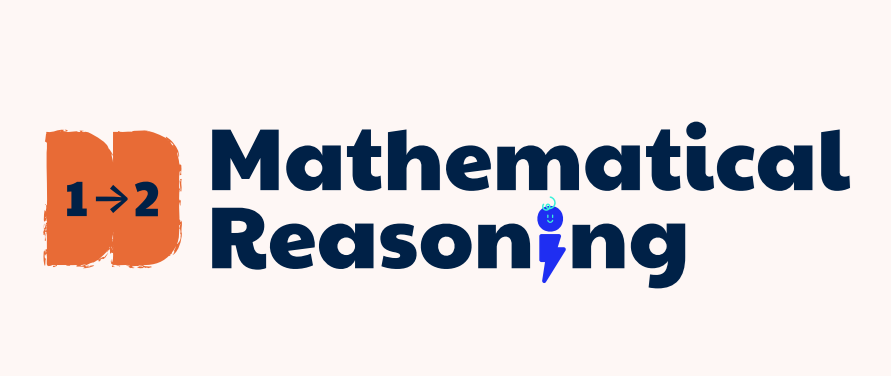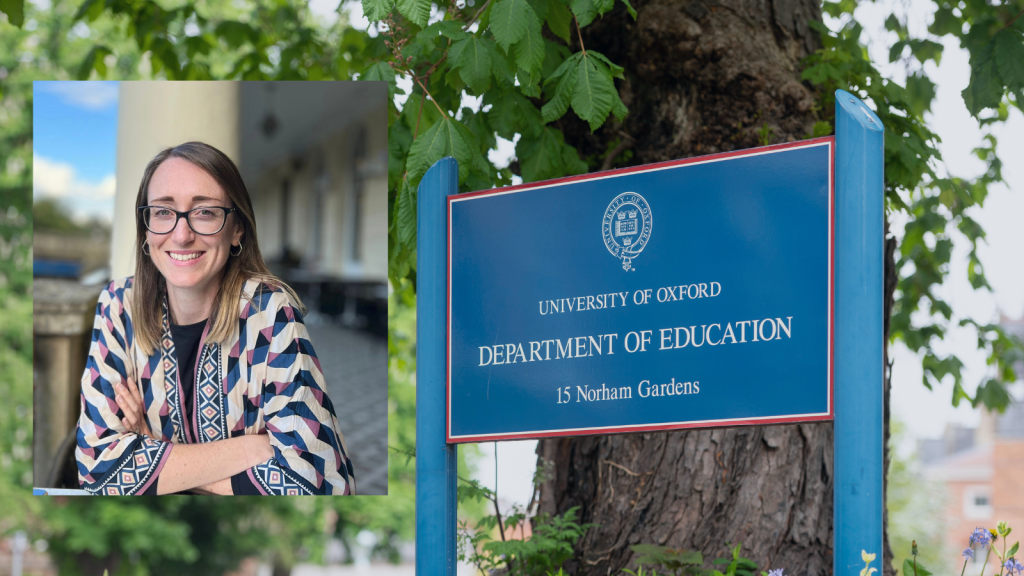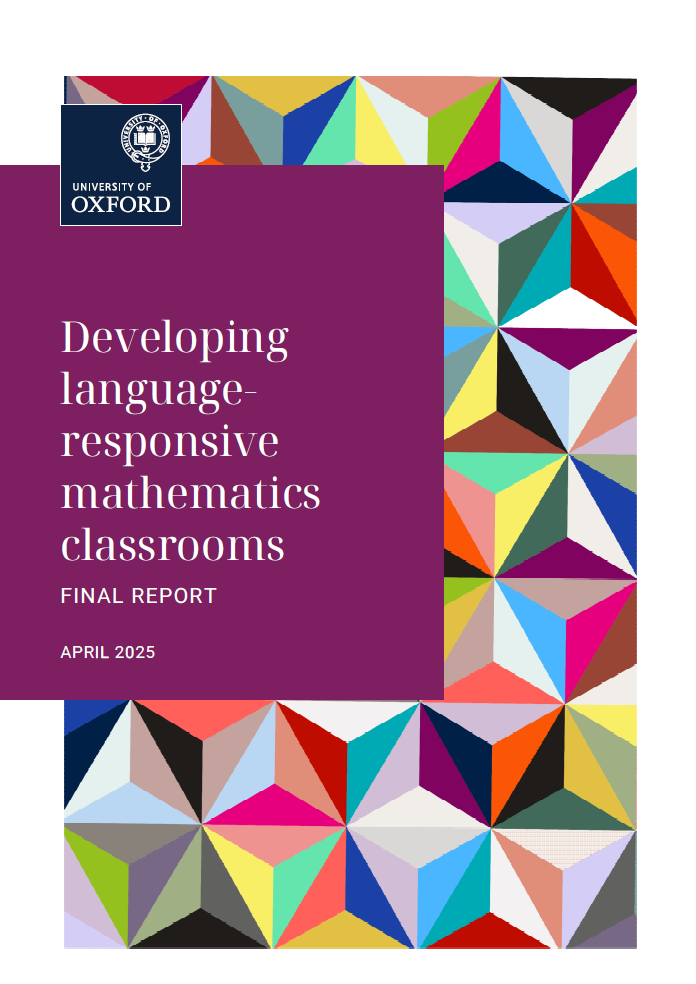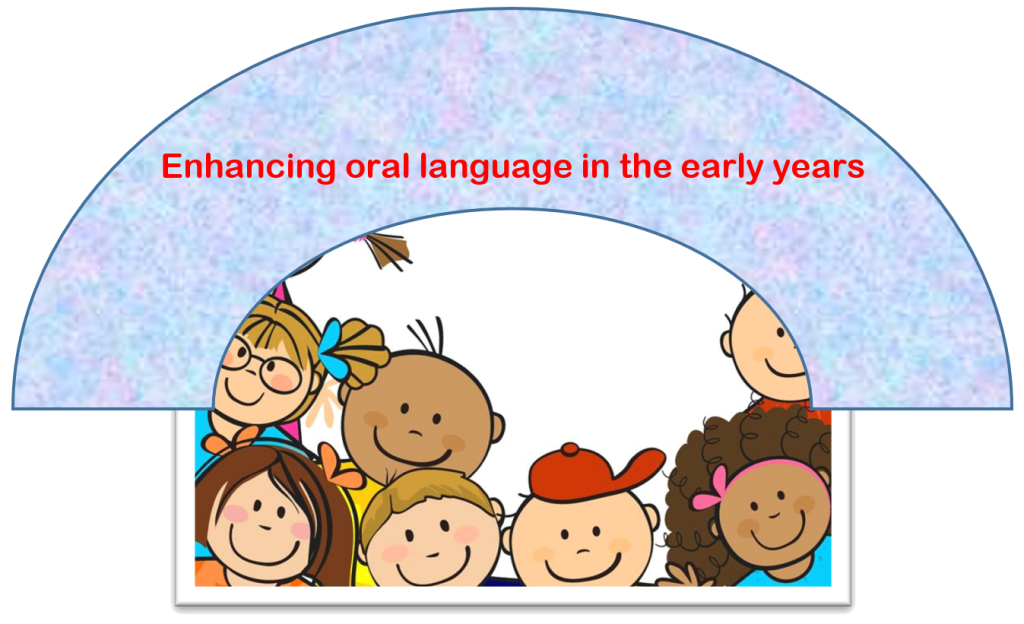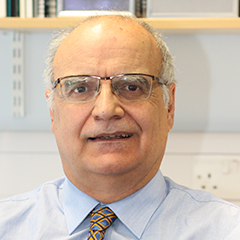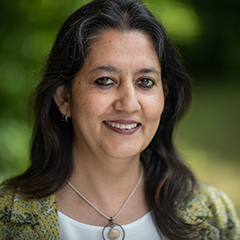The Project
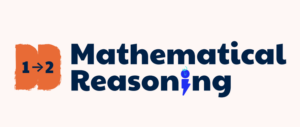
The Mathematical Reasoning (MR) programme aims to promote pupils’ understanding of numbers and number sense (encompassing additive composition of number and place value, and the inverse relation between addition and subtraction) and quantitative reasoning and problem solving (different relations that can be established between quantities, encompassing part whole or additive relations, and one to many correspondence or multiplicative relations).
The team of developers of the MR programme have also developed an online professional development (PD) course to prepare teachers to deliver the programme in the classroom and a second, blended course, to prepare Teacher Leaders to support the Year 2 teachers and Teaching Assistants (TAs) who will implement the programme in Year 2 classes.
After completing the online PD, the Year 2 teachers and TAs deliver 12 lessons (one hour each) to their pupils, with one lesson undertaken per week. Each lesson encompasses teacher-led activities, groups activities, and online games.
The EEF-funded Mathematical Reasoning effectiveness trial is taking place across 200-240 primary schools in England (approximately 6000 pupils). The evaluation aims to:
- Determine the impact of the MR programme on the mathematical attainment of Year 2 children using GL Assessment’s Progress Test in Maths (PTM).
- Explore how best to implement the programme on a larger scale in the future by finding out how well the online training worked at scale.
The evaluation will run as a Randomised Controlled Trial (RCT) in the 2024-25 academic year. The eligible schools will be randomly allocated to: (1) the intervention group, which will deliver the MR programme; or (2) the comparison group, which will continue with usual practice.
Complete the Expression of Interest form
Background
The Mathematical Reasoning programme has been previously evaluated by EEF, with promising results. An EEF funded efficacy trial found that pupils receiving the Mathematical Reasoning programme made an additional three months of progress in maths compared to children in comparison schools. The EEF then funded a follow-up effectiveness evaluation which examined the impact of a scalable version of the Mathematical Reasoning programme in a larger number of schools and with less involvement from the original developer, with support from the National Centre for Excellence in the Teaching of Mathematics (NCETM). In this second trial, pupils who received the Mathematical Reasoning programme made the equivalent of one additional month’s progress in maths, on average, compared to other children. In the second trial, rather than delivering the training directly, the programme developers trained Maths Hub teachers who then delivered the teacher training to participating schools.
This led to the development of an online version of the training programme for teachers as a more efficient model of scaling up the intervention. The new model was piloted in 2023 in 30 schools and the preliminary results are promising. The new study aims to investigate the effectiveness of the online training model on a larger scale.
Eligibility
The Mathematical Reasoning in Year 2 effectiveness trial will be open to all eligible primary schools with a Y2 cohort in England.
Schools taking part in the EEF funded Maths Whizz and Maths Mastery trials or those who were involved in the pilot of Mathematical Reasoning in 2023 will not be eligible.
Research Team
